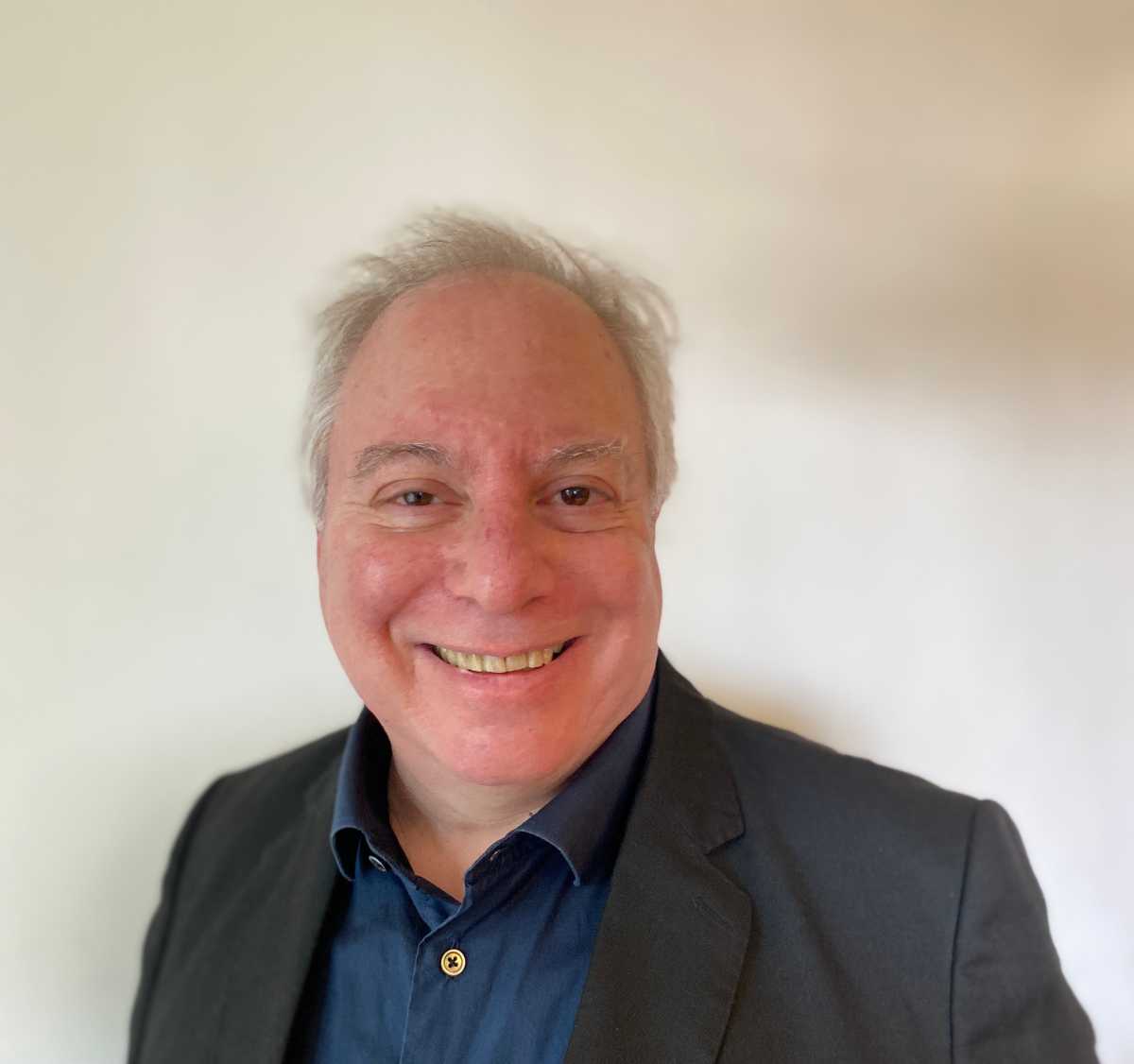Over the course of more than two decades, Malecare has served as an important support system for men navigating their lives with cancer — particularly for gay men with prostate cancer.
The non-profit organization was launched in 1998 by Darryl Mitteldorf, LCSW, an oncologist social worker who has witnessed both the evolution of care for people with prostate cancer and the shifts in how survivors live their lives. While Malecare devotes much of its attention to prostate cancer, it also provides support for survivors of other forms of cancer and has included men’s health programs for Black individuals as well as Native American communities.
Malecare is big on emphasizing patient control of medical care, reflecting a bottom-up approach. Mitteldorf said there is a tendency among some men to simply sit in front of a doctor, be quiet, and do what the doctor tells him to do.
“We have been advocating for decades that that shouldn’t be the case — that men are the boss and doctors are the employees,” Mitteldorf told Gay City News in a phone interview marking Prostate Cancer Awareness Month, which is recognized in September.
The difference in prostate cancer outcomes and therapies between gay men, straight men, and trans women, Mitteldorf said, are not highly significant — including side effects of treatment. But there are some social differences, he said.
The experience can be different for gay men than straight men due in part to the reality that men who share the same body parts could feel a certain kind of way when one person is able to function normally and the other one isn’t, Mitteldorf said.
“There can be a sense of jealousy, a sense of concern… this guy who’s able to get it up is looking at me while I can’t get it up,” Mitteldorf said. “And can I please him? You also have to go back to [the question of whether] people are going to be vers, or will tops become bottoms — these are questions that heterosexual men don’t face in terms of their lovers and partners and such.”
Before launching Malecare, Mitteldorf said he worked in psychotherapy and group therapy — and dozens of men who had prostate cancer would show up with concern about whether or not they were “good enough” or worthy.
“Imagine dating somebody while you, yourself, no longer see yourself as handsome and worthy of being a lover,” he said. “There are presumptions that we all grow up with, and when your body has changed as dramatically as prostate cancer treatment forces you to change, people deal with it in different ways.”
However, the emergence of the COVID pandemic shifted the way in which men engaged with their medical professionals, Mitteldorf explained. The health crisis, he said, motivated men to “take charge of their lives” and reject the notion that men are quiet at the doctor.
Online educational resources have also played a critical role in helping patients get a better understanding of their health and to connect with others who are in similar situations. It is impossible, Mitteldorf said, for an individual to learn everything they need to know in a 15-minute consultation with a doctor.
“[Patients] can get up to speed about their health and disease so that when they consult with doctors and social workers, they can ask better questions,” Mitteldorf said.
That is especially important given that prostate cancer has no one protocol, he said, and there is a different treatment plan for different people, which can add layers of complexities.
Other changes, he said, have been evident in the improvement of therapies and treatments in the last couple of years — and the new tools in the fight against prostate cancer have allowed patients to turn the experience into a promising one rather than such a life-threatening one. But there is a caveat.
“The real threat to men is paying for these things,” Mitteldorf said. “They’re extremely expensive and insurance doesn’t always cover the cost of cancer treatment and therapies.”
Mitteldorf believes there is not enough attention devoted to addressing prostate cancer among gay men, especially compared to other health conditions. Men living with HIV, he said, are well understood and there have been more significant improvements in outcomes.
“Prostate cancer in the gay community continues to be a second-tier concern and that’s not acceptable,” he said.
At the same time, Mitteldorf has been amazed by the ways in which family members have stepped in to fill the gaps and help individuals in their respective prostate cancer journeys. He has seen situations in which individuals who were exiled from their families when they came out in their 30s end up reconnecting with estranged family members.
“Undoubtedly, decades of history have changed that, as well,” Mitteldorf said.
It is those kinds of stories that give Mitteldorf the drive to continue doing the work he does.
“I think about these warm conversations I’ve had with people and how they’ve found caring and love in unexpected places,” he said. “It’s the outpouring of kindness and care.”
Learn more about Malecare at malecare.org.




































